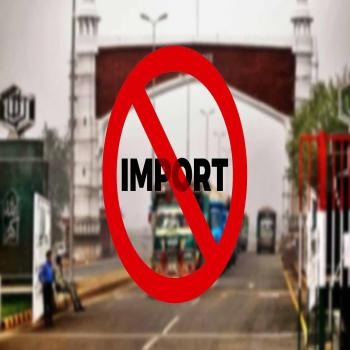As tensions between Pakistan and India rise sharply, the Pakistan Army has sent a clear and firm message — the country’s armed forces are fully prepared to respond to any form of aggression.
Chief of Army Staff (COAS) General Syed Asim Munir chaired a Special Corps Commanders Conference to assess the evolving regional security landscape, especially in light of the recent escalation along the Line of Control (LoC).
Held at the General Headquarters, the high-level meeting brought together Pakistan’s top military leadership, who conducted a thorough review of the current situation. The focus remained on increasing Indian hostilities, including the Pahalgam incident and the systematic targeting of civilians by Indian forces — actions that violate international law and humanitarian norms.
According to a statement issued by the Inter-Services Public Relations (ISPR), the Pakistan Army reaffirmed its unshakeable commitment to defend the nation's sovereignty and territorial integrity. The forum praised the professionalism, readiness, and high morale of the Pakistani forces, vowing that the military remains vigilant across all borders.
The commanders strongly condemned the ongoing human rights violations in Indian Illegally Occupied Jammu and Kashmir (IIOJK), calling India’s aggressive posturing both provocative and dangerous. They warned that any misadventure by New Delhi would be met with an “effective and proportionate response”.
Interestingly, the forum drew attention to what it described as a “pattern of manufactured crises” by India. Referring to past incidents like Pulwama in 2019, which preceded the revocation of Article 370 in Jammu and Kashmir, the commanders suggested that the recent Pahalgam episode may be a similar attempt to shift attention from Pakistan’s achievements — including improved economic indicators and stability along its western borders.
Another major concern voiced during the meeting was India’s attempts to undermine the Indus Waters Treaty under the guise of national security. The commanders warned that using water as a weapon is not just an act of hostility but a direct threat to the lives of over 240 million Pakistanis and regional peace as a whole.
In a more alarming development, the military leaders cited concrete evidence linking Indian intelligence and military agencies to acts of terrorism inside Pakistan. These actions, they said, were clear violations of international law and would not go unanswered.






